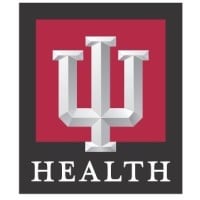VCU Health
1250 E. Marshall Street, None, Richmond, Virginia, US, 23219
Last Update: 2025-11-27
We are a strong, passionate team of more than 12,500 who take pride in caring for every person who comes through our doors. We lift each other up so we can provide the very best and safest care to those who need us most. Together. Every day. With the support of our university, we make up an academic medical center committed to excellence in patient care, innovation and training tomorrow’s health care workforce. We continue to educate, research and evolve – staying on the cutting edge of care. As a community of innovators, every team member can contribute a spark of ingenuity igniting a force to discover the next cure, hold the next hand, solve the greatest challenges and create the health care of tomorrow. We foster an atmosphere of respect and welcoming for all communities. We infuse our teams with diverse talent that inspires everyone to contribute openly and freely, maximizing their impact and creating meaningful change for our patients and community. Join our team and help us create a new kind of patient experience. Join VCU Health. EEO Statement: VCU Health System strictly prohibits and does not tolerate discrimination against, or harassment of, team members, applicants, or any other covered persons because of age, race, ethnicity, religion, culture, language, physical or mental disability, socioeconomic status, sex (sexual orientation, gender identity or expression and pregnancy), protected veteran status, marital status, genetic information, or any other protected characteristics under applicable federal, state, or local law. Pay Transparency Provisions: VCU Health System complies with the Pay Transparency Provisions.
NAICS: 62
NAICS Definition: Health Care and Social Assistance
Employees: 11,234
Subsidiaries: 3







